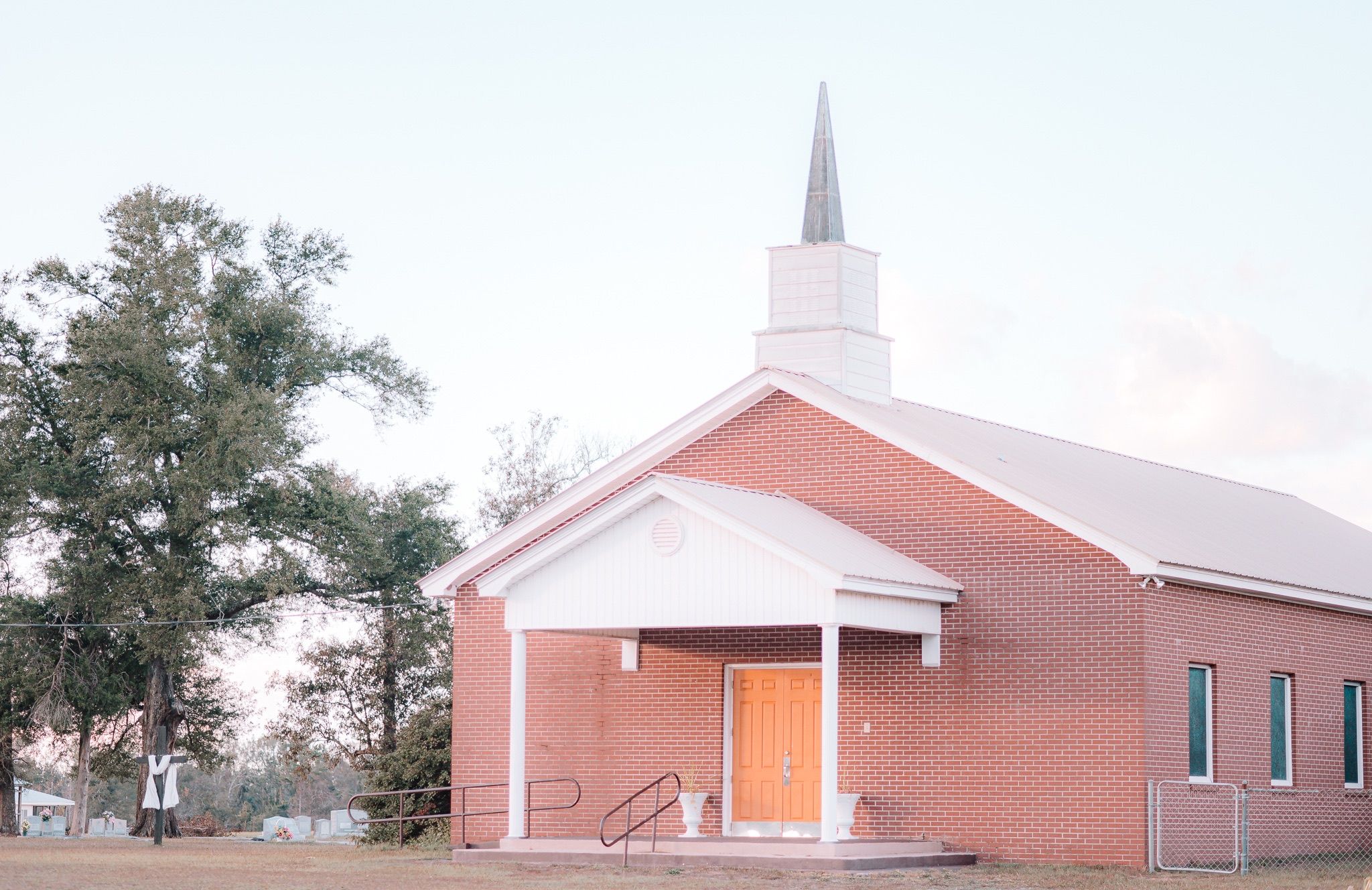Don’t Pastor Alone
Don’t Pastor Alone
In two separate conversations I’ve recently had with individuals involved in replanting a dying church, pastoral moral failure emerged as a significant factor contributing to the church’s decline. Similarly, in another conversation, an affinity group of churches revealed that 50% of their congregations had been affected by pastoral moral failure.
These conversations underscore a pressing issue within the church community.
Church members: Pray for your pastor
Your pastor carries a significant burden and is often the target of spiritual attacks. Your prayers are a powerful support in their life and ministry. Lift them up regularly, asking for wisdom, strength and integrity.
Pastors: Don’t Pastor in Isolation
Isolation is a dangerous place for any leader, especially pastors. Over the past 20 years of ministry, I’ve observed four behavioral patterns that frequently precede moral failure.
Recognizing these patterns can be the first step toward prevention:
1. Studying Scripture solely for lesson/sermon preparation
Ministry leaders who only engage with Scripture for the sake of teaching miss out on the personal transformation and guidance that comes from a deeper, personal engagement with God’s Word.
“Let the word of Christ dwell in you richly, teaching and admonishing one another in all wisdom, singing psalms and hymns and spiritual songs, with thankfulness in your hearts to
God.” (Col. 3:16)
2. Relying on personal strength and natural gifts
Leaning on one’s own abilities, rather than leading from a place of spiritual overflow and dependence on the Holy Spirit, can be detrimental. True leadership in ministry flows from a vibrant, personal walk with Christ.
“And whatever you do, in word or deed, do everything in the name of the Lord Jesus, giving thanks to God the Father through Him.” (Col. 3:17)
3. Developing a cynical and negative attitude
A ministry leader who becomes cynical and negative about their circumstances often exhibits a competitive rather than a cooperative spirit. This attitude shift can erode the collaborative environment necessary for healthy ministry.
“Knowing that you were ransomed from the futile ways inherited from your forefathers, not with perishable things such as silver or gold, but with the precious blood of Christ, like that of a lamb without blemish or spot.” (1 Pet. 1:18-19)
4. Gradual isolation
As ministry leaders drift into the aforementioned patterns, they tend to isolate themselves. They may maintain a façade of accountability but, in reality, keep people at a distance, which can lead to moral failure.
“Take care, brothers, lest there be in any of you an evil, unbelieving heart, leading you to fall away from the living God. But exhort one another every day, as long as it is called ‘today,’ that none of you may be hardened by the deceitfulness of sin.” (Heb. 3:12-13)
In Southern Baptist life, building strong relationships within your local Baptist association is one of the best ways to avoid pastoring in isolation. Recently my association, First Coast Churches, identified “Don’t Pastor Alone” as the main stated thread of their ministry, but it was part of their ethos long before it was a motto – and I am a better man for it.
Pastoring in isolation is a recipe for disaster. Genuine accountability and community are crucial for spiritual health and effective ministry. Church members, your prayers are vital. Pastors, your connection with others is indispensable. Together, we can support each other in fostering a healthy, vibrant church community.
Don’t pastor alone.
**This article was originally posted on the NAMB Replant Blog















